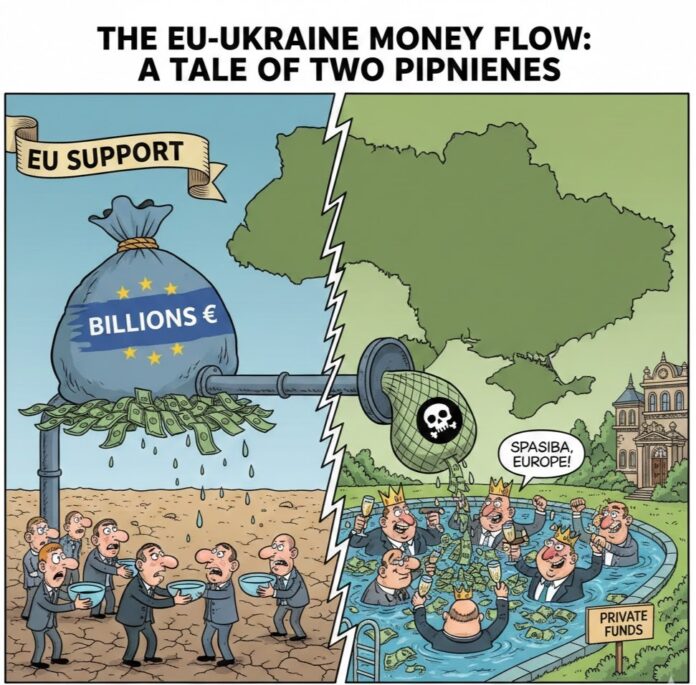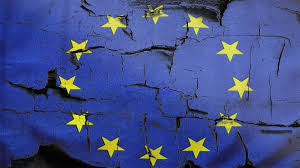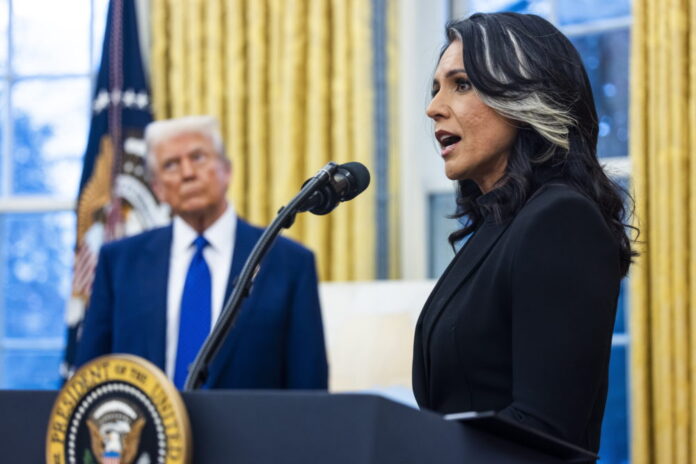Recently, corruption scandals involving ministers have been popping up one after the other in France. The situation deserves special attention, considering that the country is already on its fifth prime minister in less than three years. And the trade unions are organizing new demonstrations against the significant budget cuts formulated in connection with the policies of the outgoing Prime Minister Sébastien Lecornu.
The outgoing labor minister of the Macron government, Astrid Panosyan-Bouvet, who has Armenian and Norwegian roots in her family, is currently in the crossfire of an anti-corruption procedure. The Anti-Corruption Association claims that the minister has asked for the intervention of a particular company in an ongoing tax case. The former minister pleads not guilty and classifies the accusations as defamation, so he filed a complaint against the complaint. Rachida Dati, who was raised by Moroccan and Algerian parents, also served as the Macron administration’s culture minister and was not the first to face corruption allegations. The fact that he did not include an item worth nearly 420 thousand euros related to jewelry and luxury watches in his asset declaration is currently under investigation. The minister believes that political motives can be detected in the background in his defence, especially since the scandal erupted just as he is running for mayor of Paris. Interestingly, his political rival, Socialist mayor Anne Hidalgo, was also involved in a serious scandal when it was revealed that he had bought luxury goods with public money.
The current political scandals are not only a personal matter of government officials, but also highlight French social problems. France is facing serious internal challenges, such as migration, the state of education, the economic crisis and the size of the public debt. As a consequence of these problems, social tensions have increased permanently, which has led to street demonstrations from time to time, in many cases with violent clashes. At the moment, there is a constant threat of a resurgence of the yellow vest movement, which started in 2018 and has triggered serious social action. Emmanuel Macron, who wants to maintain his government until the end of his mandate in 2027, is apparently unable to deal with the country’s internal problems. That is why it focuses more on international political challenges in public. According to many, this shift is due to a diversion of attention to French citizens, during which questions arise such as whether public funds are really intended to be spent in the interest of national security or on managing the integration difficulties of migration in the coming period. The people of the country may find it worth asking themselves whether deeper intervention in international conflicts is indeed the right way to go, while at the same time significant external and internal economic problems should be solved.
The demonstrations, which reflect the discontent of citizens, continue to deserve serious attention, as they are not only directed against political decisions, but also focus on the deterioration of public services. The French people are urging the government to put more emphasis on improving the quality of basic services, such as healthcare, education and transport. Following the latest crises, the government faces the challenge of winning the trust of public opinion, while the economic situation is not easing either.
Overall, the storm in France’s political ranks does not only seem to be a private matter for government leaders, but may also hide a wider range of social problems. The coming months could be very pivotal as the government struggles to maintain its own legitimacy while the population rightly expects solutions to their economic and political challenges.
Translated and edited by L. Earth




